There are many sites on the Internet that say the same thing. There are links to some of these sites right on the webpage you are currently reading. Finally, some mainstream cardiologists agree with the necessity of lowering cholesterol levels. An Op Ed piece in today's New York Times seems to agree with Dr. Wayne.
Here is a portion of the article:
The truth is, we’ve always had reason to question the idea that cholesterol is an agent of disease. Indeed, what the Framingham researchers meant in 1977 when they described LDL cholesterol as a “marginal risk factor” is that a large proportion of people who suffer heart attacks have relatively low LDL cholesterol.
So how did we come to believe strongly that LDL cholesterol is so bad for us? It was partly due to the observation that eating saturated fat raises LDL cholesterol, and we’ve assumed that saturated fat is bad for us. This logic is circular, though: saturated fat is bad because it raises LDL cholesterol, and LDL cholesterol is bad because it is the thing that saturated fat raises. In clinical trials, researchers have been unable to generate compelling evidence that saturated fat in the diet causes heart disease.
The other important piece of evidence for the cholesterol hypothesis is that statin drugs like Zocor and Lipitor lower LDL cholesterol and also prevent heart attacks. The higher the potency of statins, the greater the cholesterol lowering and the fewer the heart attacks. This is perceived as implying cause and effect: statins reduce LDL cholesterol and prevent heart disease, so reducing LDL cholesterol prevents heart disease. This belief is held with such conviction that the Food and Drug Administration now approves drugs to prevent heart disease, as it did with Zetia, solely on the evidence that they lower LDL cholesterol.
But the logic is specious because most drugs have multiple actions. It’s like insisting that aspirin prevents heart disease by getting rid of headaches.
One obvious way to test the LDL cholesterol hypothesis is to find therapies that lower it by different means and see if they, too, prevent heart attacks. This is essentially what the Vytorin trial did and why its results argue against the hypothesis.
Other such tests have likewise failed to confirm it. A recent trial of torcetrapib, a drug that both raises HDL and lowers LDL cholesterol, was halted midstream because the drug seemed to cause heart attacks and strokes rather than prevent them. Estrogen replacement therapy also lowers LDL cholesterol, but it too has failed to prevent heart disease in clinical trials. The same goes for eating less saturated fat.
So it is reasonable, after the Vytorin trial, to question the role of LDL cholesterol in heart disease. Not whether statins help prevent heart disease, but whether they work exclusively, or at all, by this mechanism.
There are numerous other ways in which statins might be effective. They reduce inflammation, which is now considered a risk factor for heart disease. They act to keep artery walls healthy. And statins act on lipoproteins as much as on the cholesterol inside them. They decrease the total number of low-density and very low-density lipoproteins in the blood, including the smallest and densest form of LDL, which is now widely believed to be particularly noxious.
Because medical authorities have always approached the cholesterol hypothesis as a public health issue, rather than as a scientific one, we’re repeatedly reminded that it shouldn’t be questioned. Heart attacks kill hundreds of thousands of Americans every year, statin therapy can save lives, and skepticism might be perceived as a reason to delay action. So let’s just trust our assumptions, get people to change their diets and put high-risk people on statins and other cholesterol-lowering drugs.
Science, however, suggests a different approach: test the hypothesis rigorously and see if it survives. If the evidence continues to challenge the role of cholesterol, then rethink it, without preconceptions, and consider what these other pathways in cardiovascular disease are implying about cause and prevention. A different hypothesis may turn out to fit the facts better, and one day help prevent considerably more deaths.
I trusted Dr. Wayne implicitly with my medical treatment. He was my second opinion after I was told in the spring of 2004 that I was a walking time bomb and if I didn't have an immediate quintuple bypass, I would probably have a stroke or heart attack within a few months. If medical terrorists are trying to coerce you into having a surgical procedure, especially the big money maker, Coronary Artery Graft Bypass, run, don't walk, to the nearest noninvasive cardiologist for a second opinion.



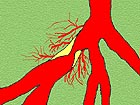
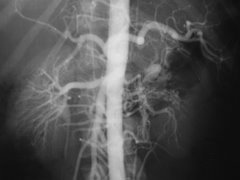
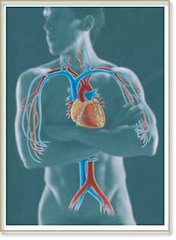
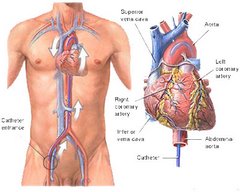
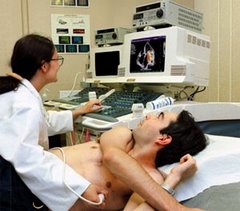
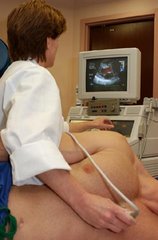
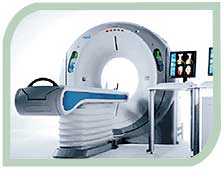
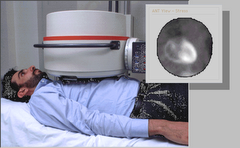
No comments:
Post a Comment